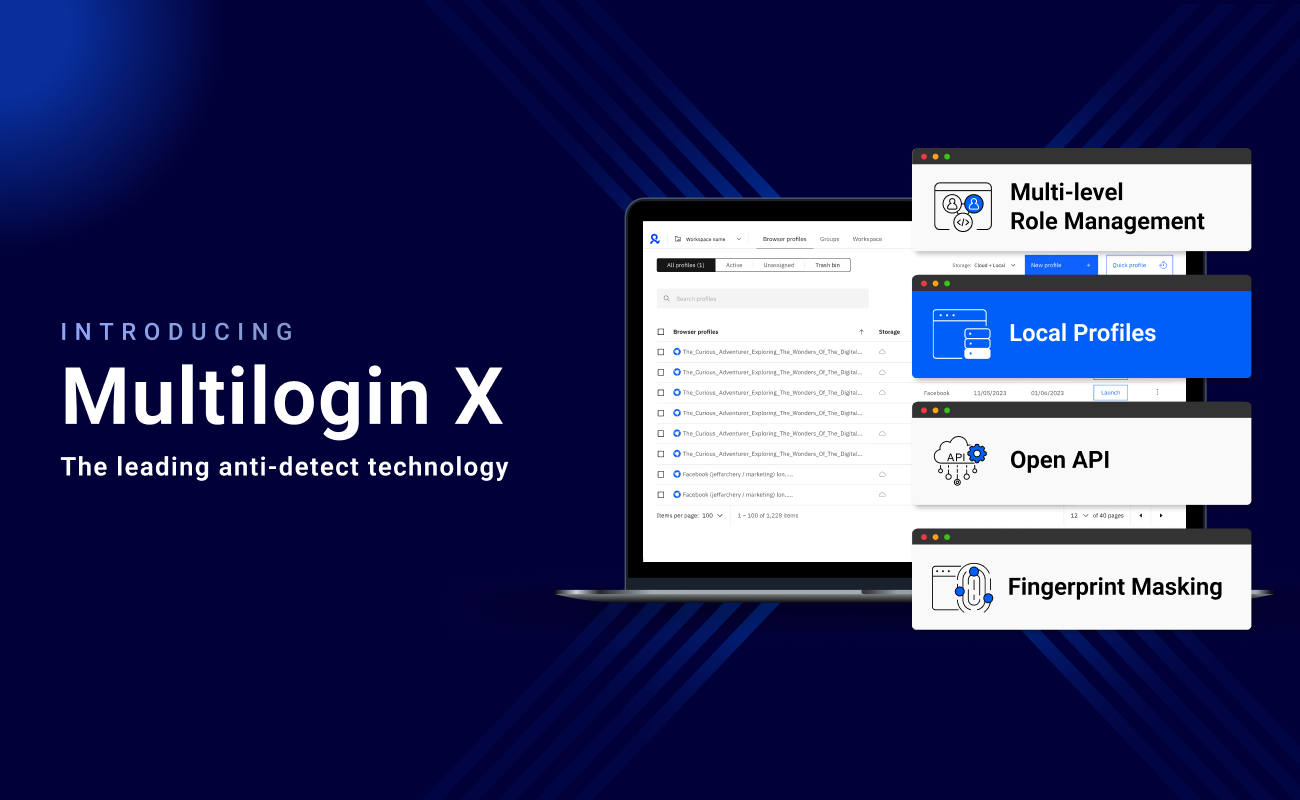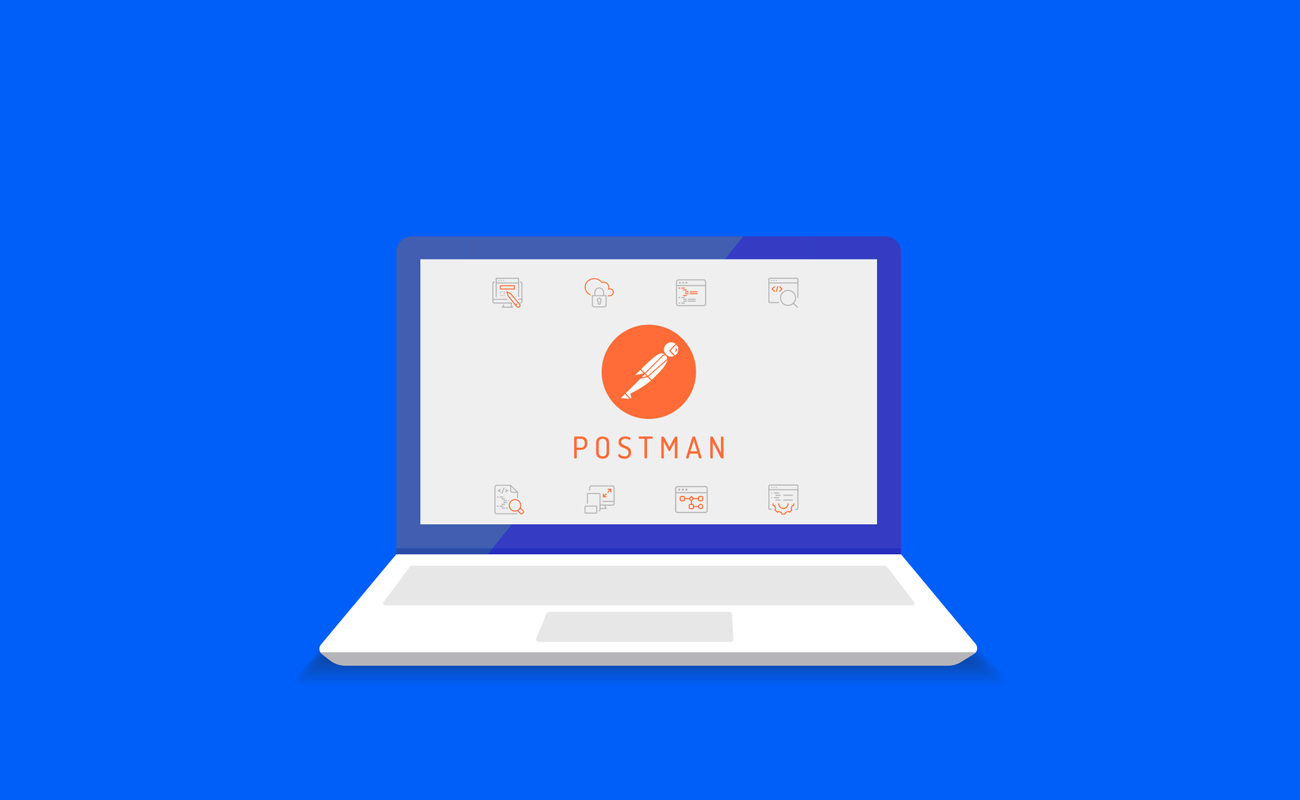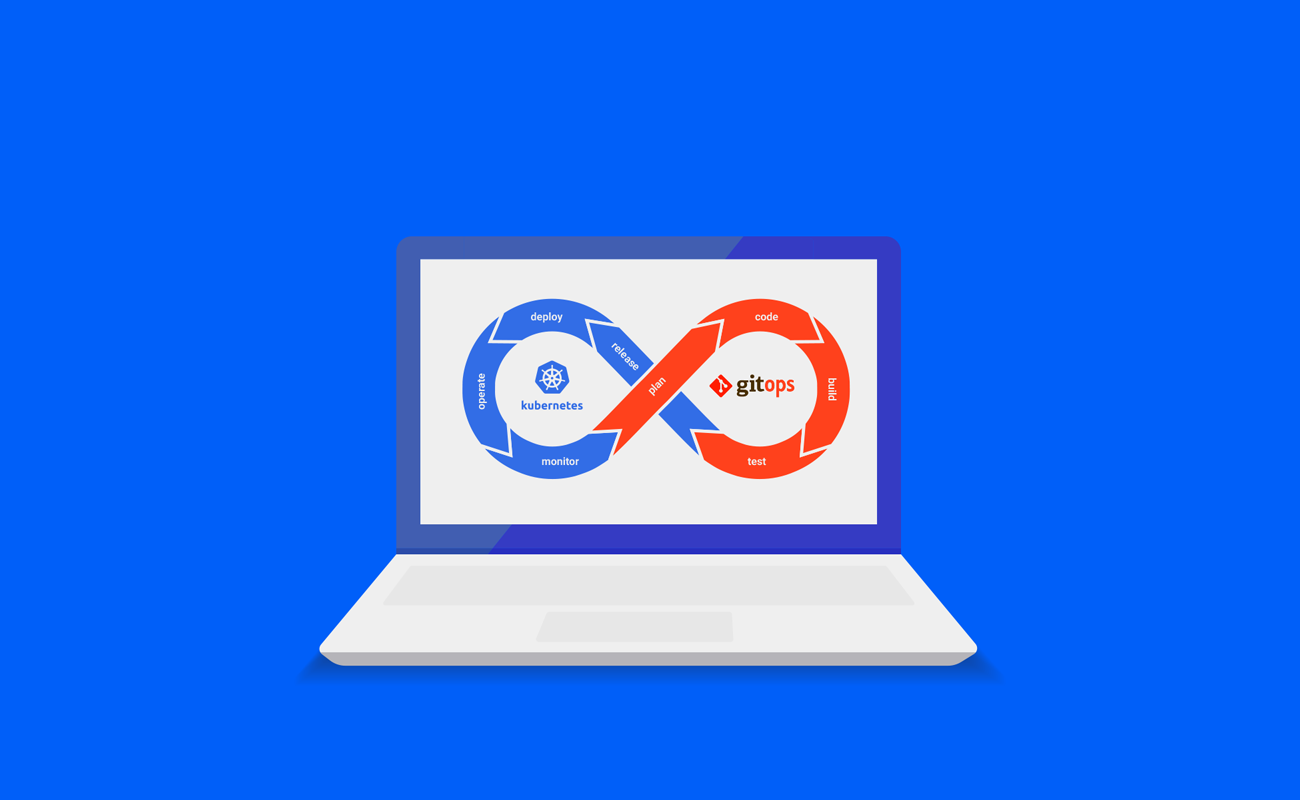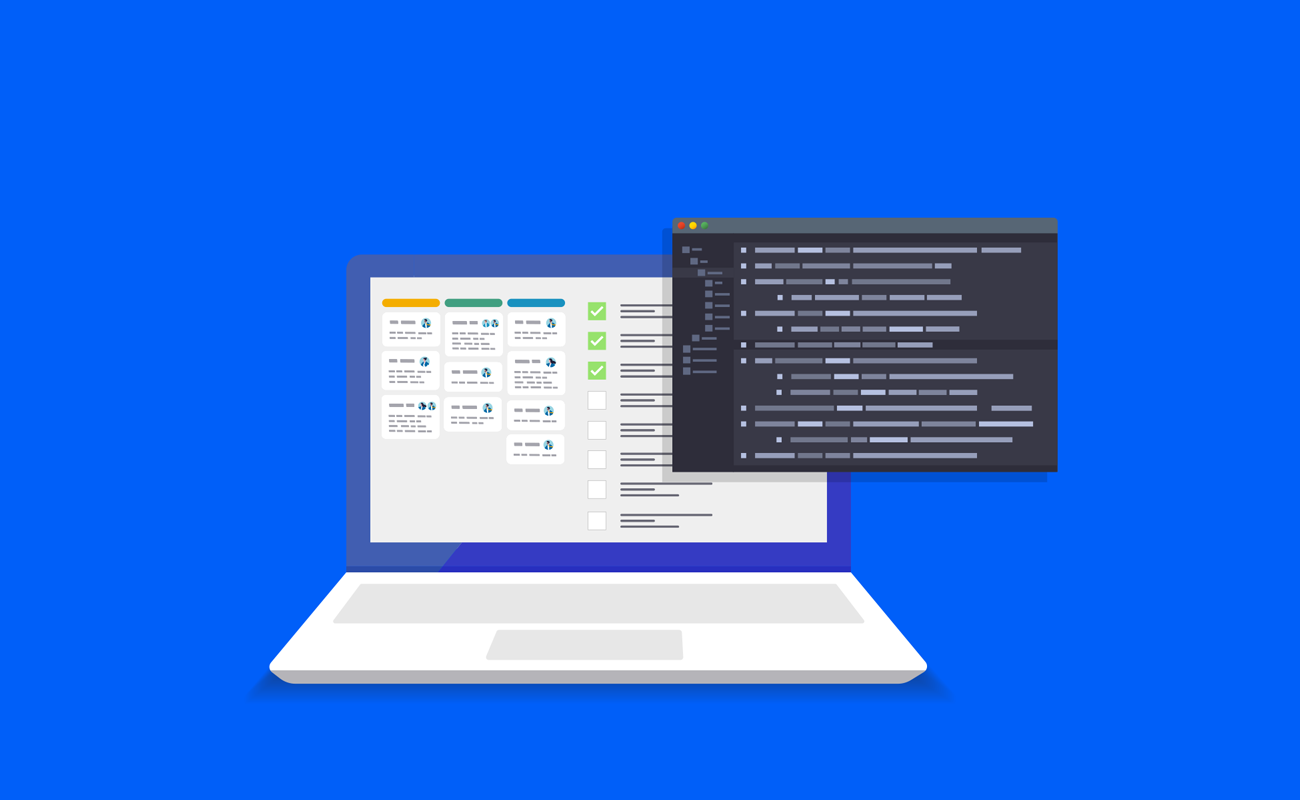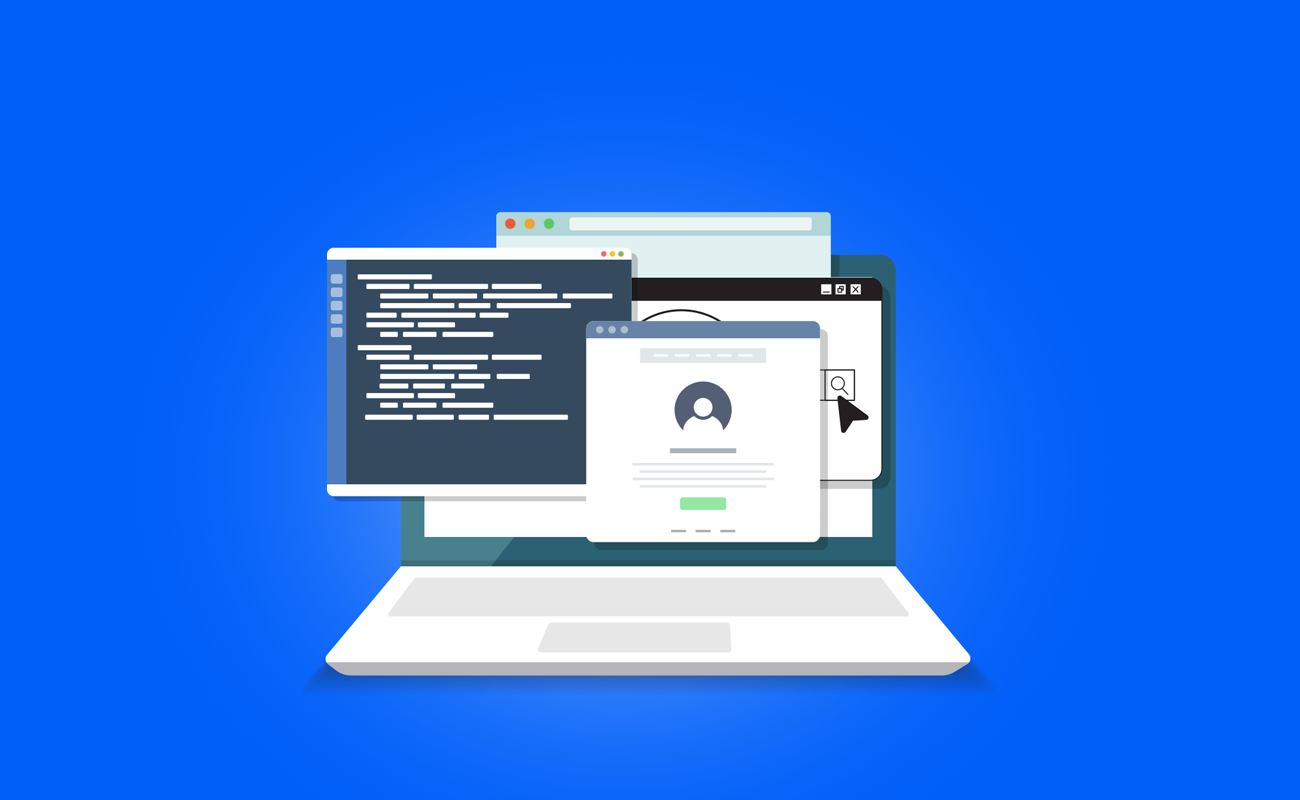
Top 4 privacy browsers 2023
MAY 25, 2023
In the fast-paced world of web development, where lines of code shape digital experiences, a new breed of superheroes lurks in the shadows—privacy browsers! These covert agents prioritize your users' privacy and security, shielding their online identities from prying eyes.
With features like blocking intrusive trackers and encrypting web traffic, privacy browsers empower you to craft applications with an added layer of protection, ensuring that your code remains a fortress of confidentiality.
This comprehensive article will examine the top privacy browsers available in 2023, exploring their unique security features and evaluating their performance in the rapidly evolving digital landscape. We will also assess the emerging field of anti-detect browsers, which offer more advanced and sophisticated privacy protection mechanisms.
Understanding Privacy Browsers
Privacy browsers are a specialized category designed with user privacy as their primary focus. Unlike mainstream browsers like Google Chrome, these private browsers emphasize protecting personal data and ensuring private browsing.
Their central function lies in minimizing the amount of personal information shared with the sites you visit and blocking unwanted content such as trackers and ads.
They have features that block third-party cookies, encrypt your data, hide your IP address, and automatically delete your browsing history. While private browsing in popular browsers typically only prevents local data storage, privacy browsers take further steps to protect user privacy on the internet.
Top Privacy Browsers of 2023
Brave: The Bold Contender
Known for its privacy focus, Brave offers a fast and clean browsing experience that prioritizes user privacy over everything else.
Pros: Fast browsing experience. Not part of the traditional online ad business. Privacy-focused by default. Chromium-based, meaning it's compatible with most websites.
Cons: Previous issues have shown that it isn't always perfect.
Safari: Apple's Privacy Protagonist
Apple's default browser, Safari, has implemented measures against fingerprinting, making it a viable option for Apple users who value their privacy.
Pros: Presents a simplified system configuration to trackers. Its fingerprinting result is better than most browsers.
Cons: Offers minimal settings for privacy.
Avast Secure Browser: The Security Sentinel
Avast Secure Browser offers built-in VPN functionality and strong tracking protection. However, it comes with a price tag for its VPN feature.
Pros: Built-in VPN functionality. Offers built-in ad blocking, anti-phishing features, and a password manager.
Cons: VPN usage comes with a monthly cost.
AXplorer: A Browser of Opportunities and Considerations
AXplorer is a privacy-focused browser that includes a built-in VPN and offers its users the chance to earn digital currency, AXIA coin, as a reward for using the software.
Pros: Built-in VPN with the ability to earn digital currency. It blocks fingerprinting by randomizing the browser's digital fingerprint.
Cons: Only provides partial tracking protection with default settings.
The Limitations of Privacy Browsers
While privacy browsers offer enhanced privacy and security for users, they may have some limitations for web developers.
Here are a few potential challenges web developers may face when using Privacy Browsers:
Tracking Prevention: Privacy Browsers often have robust tracking prevention mechanisms to protect user privacy. While this benefits users, it can pose challenges for web developers who rely on tracking data for analytics, user behavior analysis, and targeted advertising. Developers may need alternative methods or tools to gather accurate tracking data.
Browser Compatibility: Privacy Browsers may have different rendering engines, JavaScript handling, or CSS support compared to mainstream browsers like Chrome or Firefox. This can lead to inconsistencies in how websites are displayed and function across different browsers. Web developers must thoroughly test their websites on popular Privacy Browsers to ensure compatibility and a consistent user experience.
Customization Limitations: Privacy Browsers often prioritize user privacy and security by restricting specific customization options. This can include blocking certain JavaScript features, limiting cookie usage, or disabling specific plugins or extensions. Web developers who rely on these features for their websites may need to find workarounds or alternative solutions to ensure their websites function as intended.
Debugging and Development Tools: Privacy Browsers may not provide the same development tools and debugging capabilities as mainstream browsers. This can make it more challenging for web developers to diagnose and fix issues during development. Developers may need to rely on other tools or use additional techniques to overcome this limitation.
Limited Adoption: Although gaining popularity, privacy browsers still have a smaller user base than mainstream browsers. This can affect web developers who want to ensure their websites reach a broad audience. Optimizing websites specifically for Privacy Browsers may require additional effort and resources while maintaining compatibility with mainstream browsers.
How Privacy Browsers Safeguard Your IP Address
Privacy Browsers employ advanced techniques to safeguard your IP address and enhance user privacy. Here are some ways in which Privacy Browsers achieve this:
Proxy Integration:
Privacy Browsers offer built-in integration with proxy servers or virtual private networks (VPNs). These features allow users to route their internet traffic through different servers, effectively hiding their IP addresses and adding an extra layer of anonymity.
It's essential to be aware of proxy and VPN usage, as it may impact the accuracy of user geolocation data and IP-based restrictions.
Tor Network:
The Tor network, accessible through the Tor Browser, is designed to anonymize internet traffic by routing it through a series of volunteer-operated nodes.
This network obscures the original IP address of the user, making it extremely difficult to trace back the source of the traffic.
You should be cautious when analyzing traffic from Tor users, as it can be challenging to identify individual users or accurately track their behavior.
IP Spoofing:
Privacy Browsers may employ IP spoofing techniques to protect user IP addresses further. IP spoofing involves forging or altering the source IP address of outgoing network packets, making it difficult for websites or services to identify the user's IP address accurately.
You should be aware that the IP addresses they see in server logs or analytics tools may not always reflect the true IP address of Privacy Browser users.
DNS-over-HTTPS (DoH):
Privacy Browsers often utilize DNS-over-HTTPS, a protocol that encrypts DNS queries, to prevent ISPs or other entities from monitoring and intercepting users' browsing activities. By encrypting DNS requests, Privacy Browsers safeguard the IP addresses of the websites users visit.
Web developers should ensure their websites are compatible with DoH and that any analytics or tracking scripts can still function properly when DNS queries are encrypted.
WebRTC IP Leak Prevention:
WebRTC (Web Real-Time Communication) is a technology used for peer-to-peer communication in web browsers. However, it can inadvertently leak users' IP addresses in certain scenarios. Privacy Browsers typically include mechanisms to prevent WebRTC IP leaks, ensuring that users' true IP addresses remain concealed. Web developers should test their websites for potential WebRTC IP leaks and consider implementing additional security measures.
Privacy Browsers vs. Anti-Detect Browsers
Exploring the advantages of anti-detect browsers over privacy browsers can be beneficial:
Evading detection systems: Anti-detect browsers are designed to bypass detection systems and anti-fraud measures. This feature can be advantageous when working on projects involving testing or evaluating detection mechanisms. Anti-detect browsers allow you to gain insights into potential vulnerabilities in your systems and enhance the overall security of your applications.
Testing and debugging: Anti-detect browsers are helpful for testing and debugging purposes, especially when you need to verify the effectiveness of anti-fraud measures or detect vulnerabilities in security systems. By utilizing anti-detect browsers during the development process, you can ensure that your applications are resilient to various detection techniques.
Anonymity and privacy testing: If you're working on privacy-related projects or evaluating the effectiveness of your privacy measures, anti-detect browsers can be valuable tools. These browsers prioritize user anonymity and offer features like mimicking multiple browser fingerprints and hiding IP addresses through proxy rotation. Using anti-detect browsers allows you to evaluate the robustness of your privacy measures and ensure that you provide your users with the desired level of anonymity.
Niche user base: Anti-detect browsers cater to a specific user base that values enhanced privacy and anonymity. If your target audience falls into this niche, it's crucial to understand how your applications perform within anti-detect browsers. This knowledge enables you to optimize your websites or applications for compatibility, ensuring a seamless experience for users who rely on these browsers.
Multilogin: Unleash the Power of Authenticity
At Multilogin, we're all about redefining online identity management and providing a reliable, secure solution that stands the test of time.
Unlike privacy browsers and other anti-detect solutions, we focus on mimicking human behavior, making our solution safer and more reliable in the long run. Why, you ask?
We've seen how typical masking solutions and privacy browsers fail to provide a sustainable solution. They might hide your browser fingerprint temporarily, but they can't provide a stable, reliable solution that holds up over time. That's where we come in.
We take a different approach. Rather than hiding your browser fingerprint, we create secure, unique browser profiles that each have their own distinct fingerprints.
These virtual profiles appear as separate devices, making it almost impossible for online platforms to link them together. This human-like behavior sets us apart, and it's a significant reason why we're trusted by over 15,000 users worldwide.
But that's not all. Multilogin also empowers you to automate tasks at scale and manage thousands of accounts across platforms like Google, Facebook, eBay, and Amazon. You can streamline collaboration with our Teamwork 2.0 feature, ensuring efficient work no matter the size of your team or where they're located.
What about data security? Rest easy knowing we're the only solution that stores all data safely on AWS Cloud - so encrypted; even we can't read it.
And our Mimic and Stealthfox browsers, built on Google's Chromium and Firefox engines, offer enhanced fingerprint management capabilities while ensuring maximum undetectability. So, join the thousands of entrepreneurs who have chosen us over cheap masking solutions. We provide a safer, more reliable way to manage your online business.
Ready to try? Meet us here.
